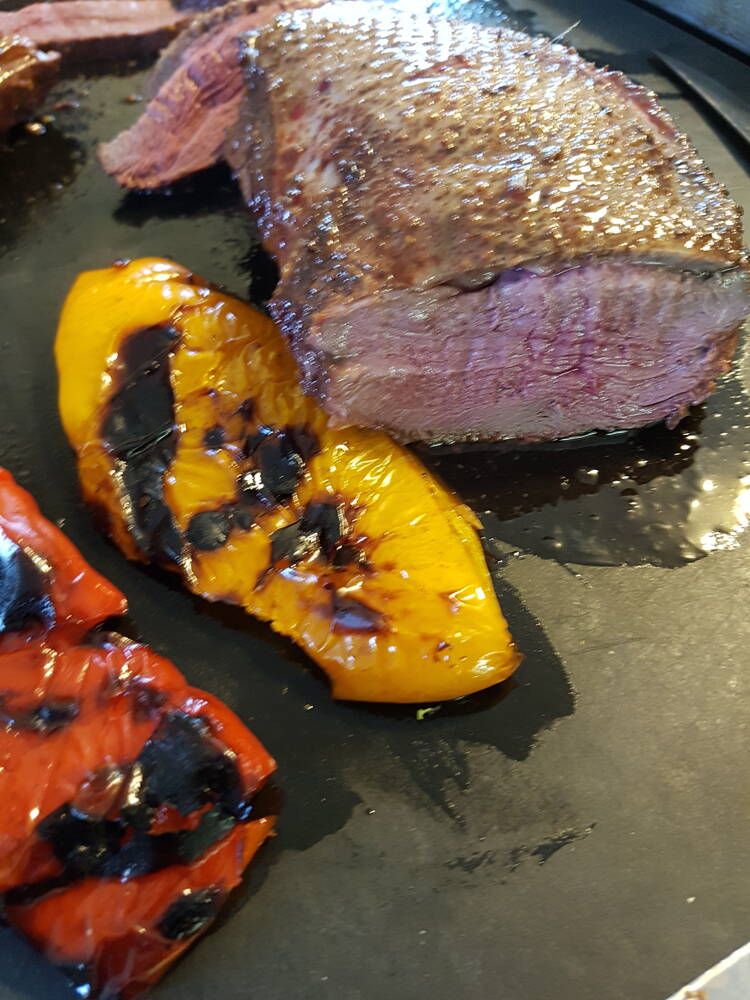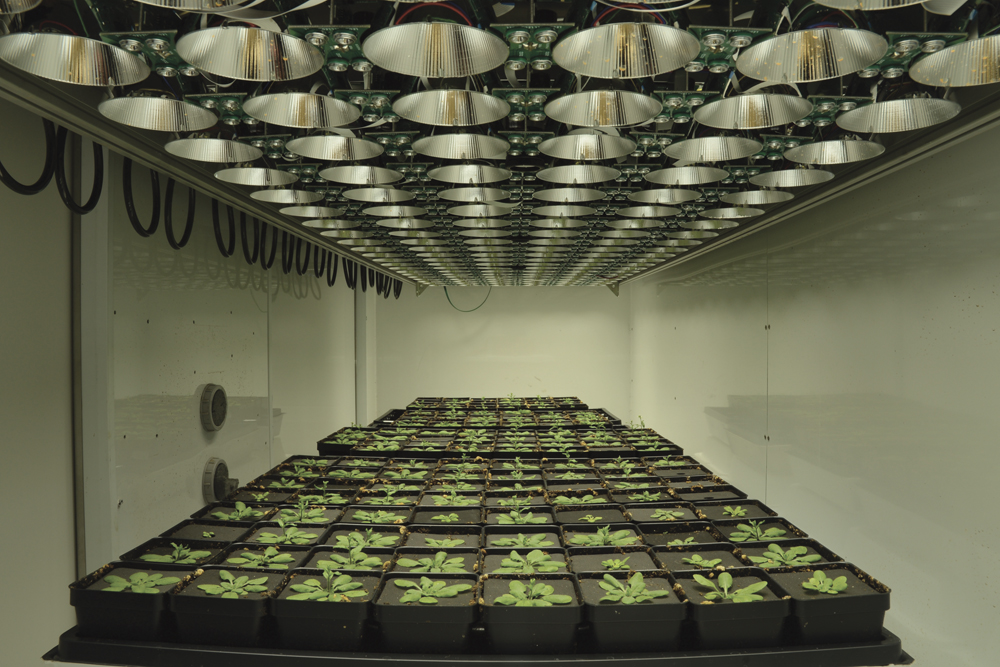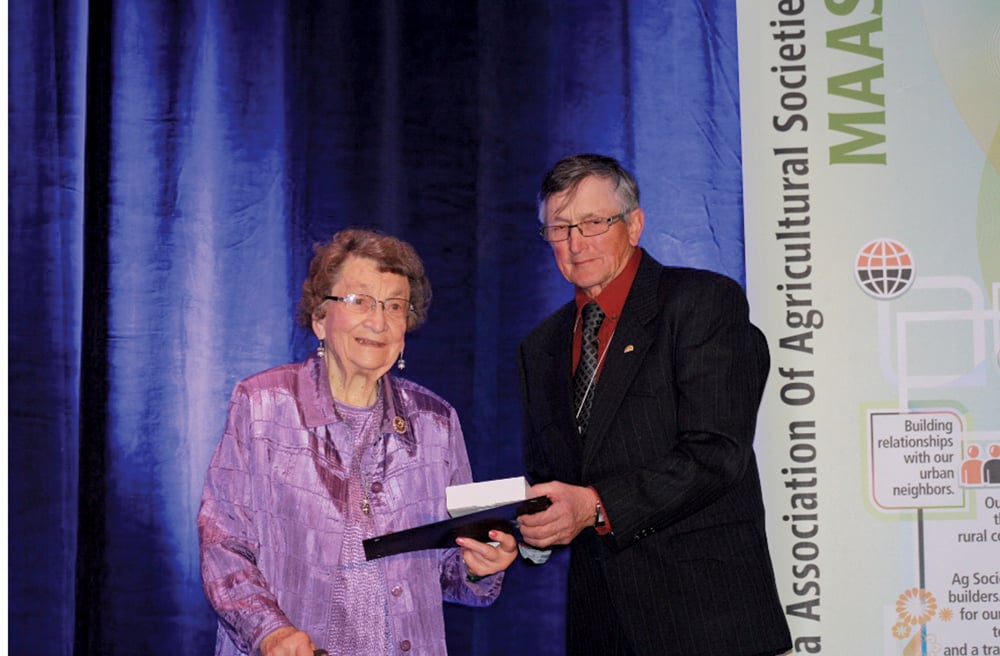When Chuck Puchailo was asked to run the light horse show for his Gilbert Plains/ Grandview agricultural society, he turned to his teenage daughter for some help.
Chenise Puchailo was happy to lend her dad a hand. The show went well and buoyed by its success, she agreed to co-chair the event the following year. Then came an invitation to the annual meeting of the Manitoba Association of Agricultural Societies (MAAS) in Brandon. Still a teen, she wasn’t sure if she’d fit in. But she felt warmly welcomed and listened to by other delegates.
Read Also

Giant Canada geese have gone wild in Manitoba
Giant Canada geese are seemingly everywhere and can be fine table fare for local hunters, but 70 years ago, they were borderline extinct.
Puchailo later wrote about the experience in theManitoba Co-operator.Now a journalism student at the University of Regina, she remains an enthusiastic participant of her local society.
How this young woman got involved with the fair, and where that involvement took her, is a good example of the impact agricultural societies are having on people’s lives and in their community, said Maureen Bonar, manager of the rural leadership section with MAFRI in Brandon.
Don’t let this kind of impact go unnoticed, said Bonar, who spoke at the 2011 MAAS convention earlier this month.
Ag societies worried whether their community even wants them around anymore need to start enthusiastically communicating what their organization contributes, she told delegates. One way to do that is by developing “impact statements,” Bonar said. Many organizations use these as a way to send a message to the public about what they do, and how their contribution makes a difference, she said.
“They stir up a positive message in your community,” she said.
And they help communicate a message that’s more than simply saying ‘we run the fair.”
“When you’re asked by volunteers or newcomers about yourselves, they’re a way of saying, ‘We do great things and this is why you need to care about us or be involved with us. We make a difference.’”
Bonar visited summer fairs last year, surveying people about why they came. People consistently told her that their fair is an important community event – and one that often generates special personal memories.
She was one of a series of speakers at the 24th annual MAAS convention, which has a theme of “We’re so hot, we’re cool.”
Other speakers included directors from a revitalized fair, and also community development expert Dave Ivan of Michigan State University, who spoke of strategies that organizations can pursue to make a greater impact on rural communities. [email protected]



















